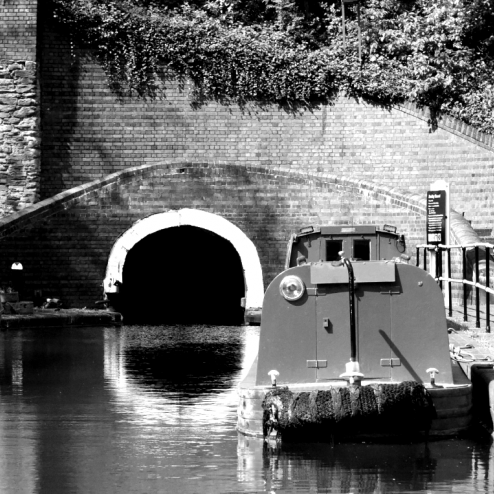Compliments and Complaints
INTRODUCTION
We are committed to ensuring everyone has a great experience working with, or visiting, the Trust. We believe that through effective management and investigation of compliments and complaints we can identify learning to achieve excellence and continuous improvement.
The following principles underpin our approach to handling compliments and complaints.
- We recognise that compliments and complaints are an important part of feedback.
- The procedure is fair, easy and as transparent as possible.
- The procedure is accessible to all regardless of age, disability, gender, ethnicity, belief or sexual orientation.
- Concerns and complaints are dealt with efficiently, appropriately and are investigated within the agreed time frame.
- Complainants are treated with respect and courtesy and receive appropriate support throughout the handling of the complaint.
- Complainants receive a timely and appropriate response, identifying the outcome of any investigation.
- Action is taken where necessary in the light of the outcome of the complaint. This might include an explanation or an apology and if relevant and appropriate, information on any action taken.
- Learning from complaints will be used to improve our work and drive forward a culture of continuous improvement.
- It is very important that every effort is made to ensure anyone making a complaint understands the outcome of their complaint.
If you have positive comments about our work or how we have helped you, please email info@dctt.org.uk so we can understand what went well or, who impressed you.
MAKING A COMPLAINT
There are three stages that can be used to try to resolve the problem.
If a complaint is about the Chief Executive then it should be addressed to the Chair of the Board of Trustees (marked private and confidential), which is ultimately responsible as trustees of the organisation. Letters should be sent to DCTT, 5401 Birmingham, New Road, Dudley, DY11 4SB.
STAGE ONE – INFORMAL
- To make an initial complaint, please speak to or email the individual(s) concerned or their line manager and we will endeavour to satisfy your complaint and let you know of any remedial action that is to be taken.
- If you don’t know who to contact or do not wish to contact the individual involved, please email info@dctt.org.uk
- All complaints will be acknowledged by the member of staff to whom you communicated your complaint or by the Helpdesk within three working days from the date it is received.
- In order for us to resolve your issue to the best of our ability, please include as much detail as possible regarding your complaint, including any relevant communications or documentation.
- We will respond to Stage 1 complaints within 7 working days
STAGE TWO – FORMALLY REGISTERING A COMPLAINT
- If you are not satisfied with the response you receive at Stage 1, or you would prefer your complaint to be formally investigated, you can request your complaint to be escalated to Stage 2, either through your contact at Stage 1, or directly to the Helpdesk.
- Please submit the details of your complaint electronically by emailing the info@dctt.org.uk, or in writing to us via Complaints Helpdesk, DCTT, 501 Birmingham New Road, Dudley, DY1 4SB.
- Your complaint will be acknowledged within 3 working days.
- A Head of Department will be assigned to investigate your complaint and you will receive a full written response within 28 working days from the date of the acknowledgement.
- If you are not satisfied with the response to your complaint, you will be given the opportunity to speak to the Chief Executive and given the option to appeal (Stage 3).
STAGE 3 – APPEAL
- To appeal, please outline the reasons for your dissatisfaction in writing or electronically to the Chief executive.
- This will be the final decision of the complaints process and will ensure the Chief Executive has reviewed the investigation, made any further enquiries and then delivers the reason for the final decision.
- The Chief Executive will write within 28 working days of receiving the appeal
If you are dissatisfied with the Trust complaint process, you can contact the Charity Commission, who will be able to advise on whether they may be able to advise on the matter.
- Date: 4th May 2022
- Category: Policy & Reports

